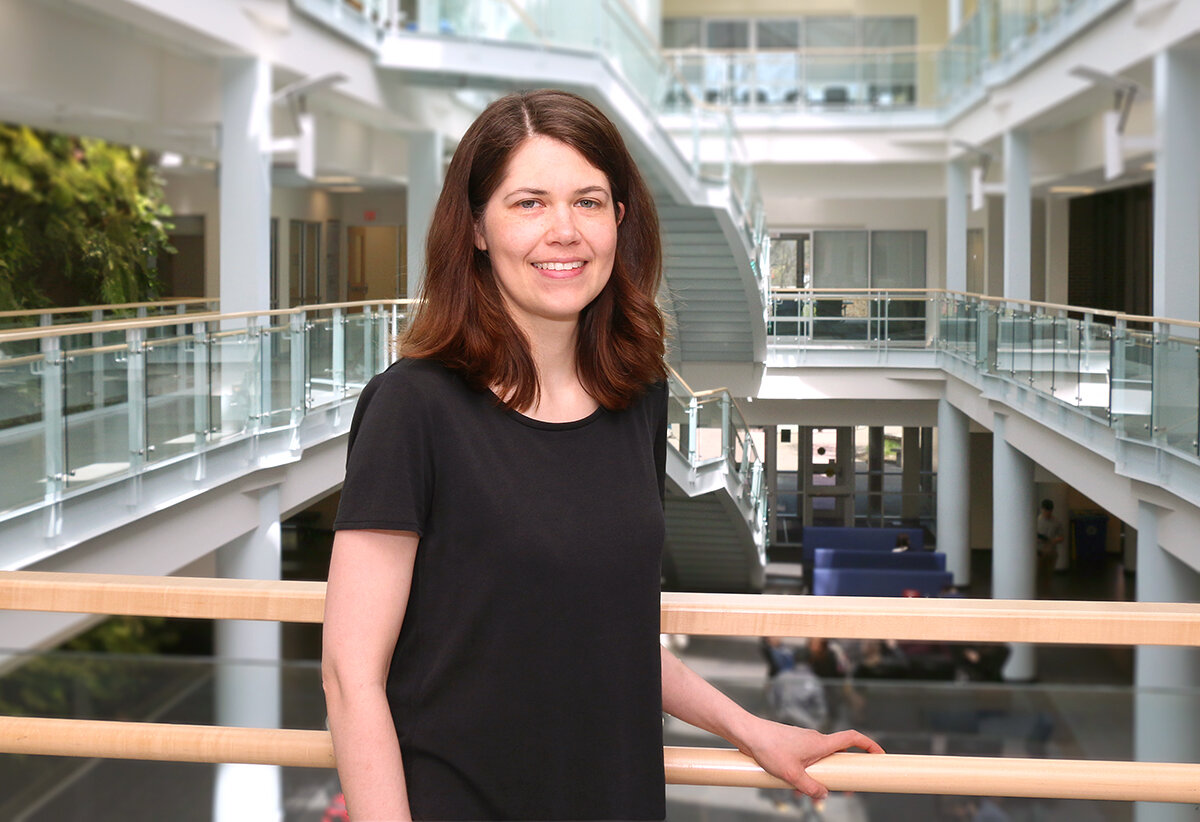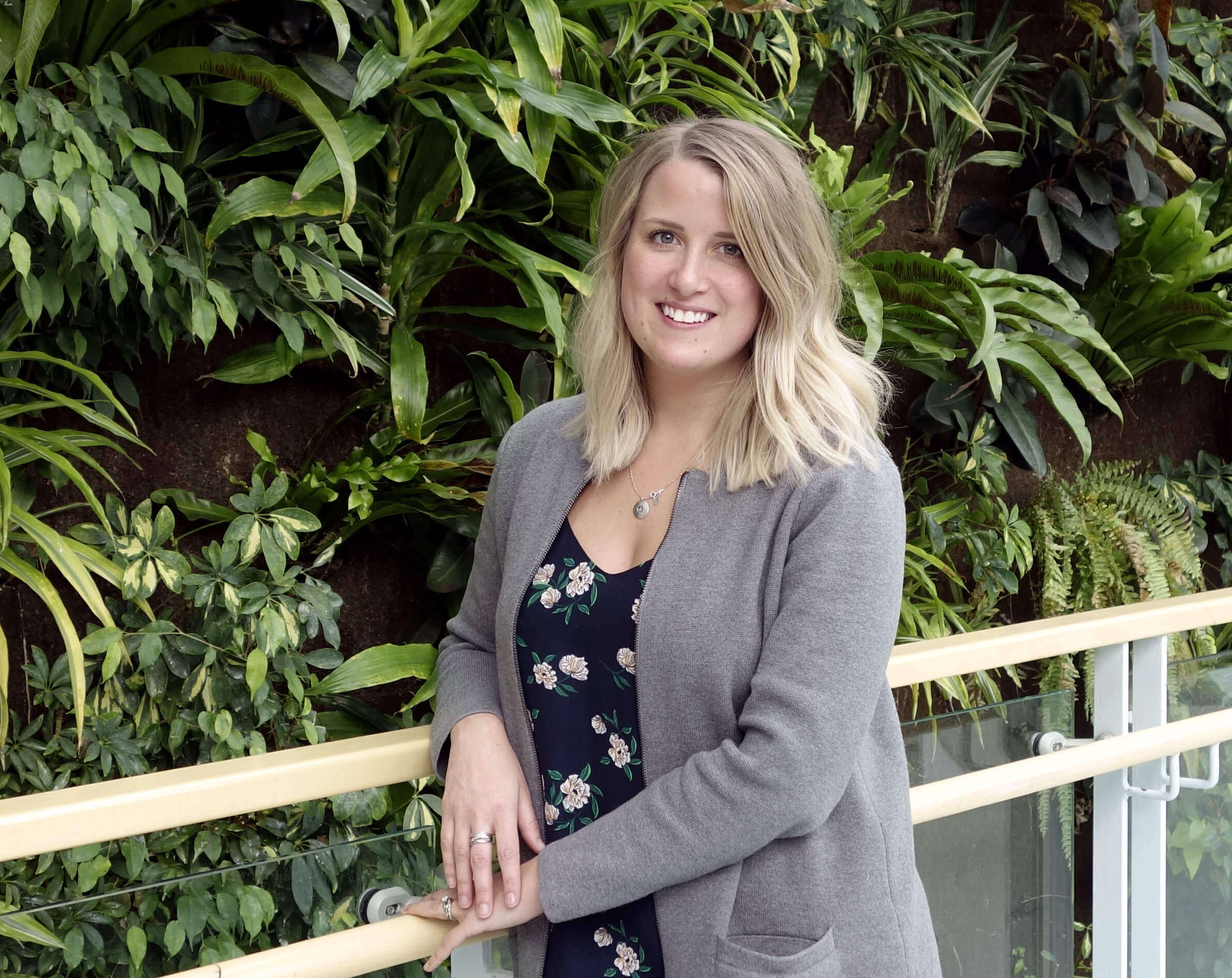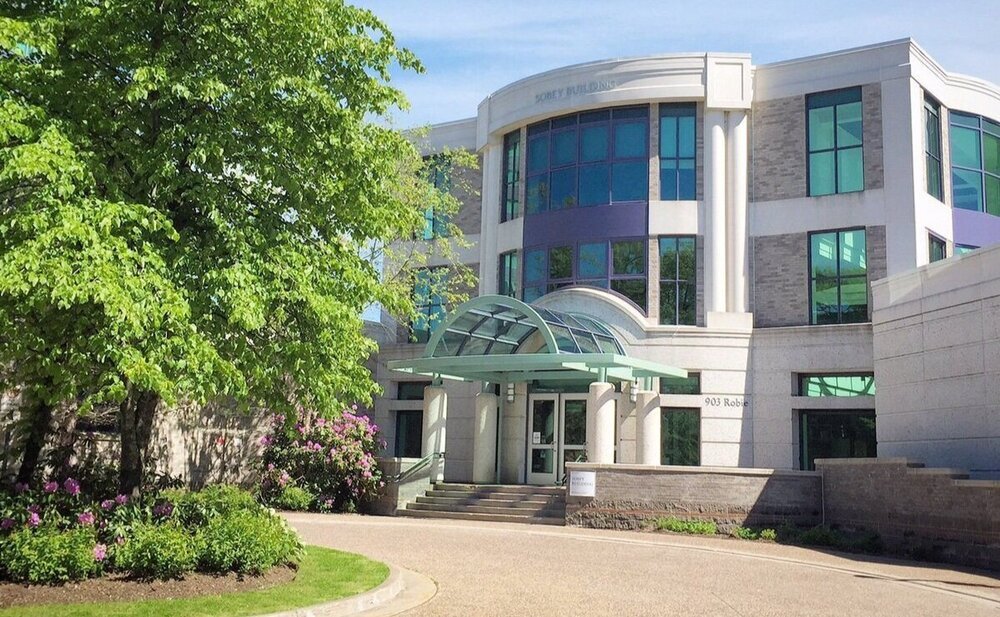As we prepare for September, and with classes being delivered remotely and online, the university is being proactive in connecting with students to make sure they have the information they need to have a successful fall term.
With a vast amount of information to share, Saint Mary’s is making strategic use of email, web, and social media to share important information in a timely and coordinated way.
The university has developed a schedule of communications that reflects input from across the campus, to ensure the frequency and flow of information is timely, relevant and helpful to students as they get ready to being a new term.
Below are examples of upcoming fall 2020 communications:
EMAIL
Getting Ready for Fall Email Series Sent to all undergraduate and graduate students
Each week leading up to September students will receive an email to assist them with their preparation for fall. Topics will include:
· Student finances- view the email here
· Tips for studying online, using technology & student success
· Information for on & off-campus living
· Travel, self-isolation & quarantine
· Health, safety & hygiene
· Mental health & wellness
Faculty & Academic Advising Emails Sent to all undergraduate students
Students have been receiving email outreach from their Academic Advising office over the summer. These emails will continue throughout the academic year and help students understand their academic requirements, identify areas of academic support and assistance and help students build connections within their program.
For graduate students, staff and faculty from each program will contact students to provide program specific information related to virtual operations and course delivery.
New to SMU Sent to new students beginning their studies in fall 2020
Our newest Santamarians will receive information about events, workshops, webinars and resources to help them feel apart of the Saint Mary’s community, make new friends, and have a successful start to their academic journey.
New students will receive outreach from the New to SMU welcome team, their Peer-coaches and other departments such as Housing and Residence, International Student Centre, and Academic Advisors. The university will also share information about safety, hygiene, preparation for fall and the university’s COVID-19 response.
On-campus Housing Sent to all students living on-campus during fall 2020
Any student living on-campus this fall, will receive an email from the Housing and Residence office providing information on:
· Move-in dates and procedures
· Self-isolation (if required)
· Services and supports for students living on-campus
· University cleaning and hygiene practices
· Residence Life community building opportunities and experiences
International student information Sent to international students registered in fall 2020
International students will receive information from both the university and the International Student Centre related to:
Study permits for online study
Government regulations and laws for travelling to Canada
Self-isolation in Canada/Nova Scotia
Airport pick-up program
Services and supports offered to international students
SOCIAL MEDIA
The university will share information through its social media channels to amplify and reach the greatest number of people. The use of social media will help deliver information to internal and external audiences such as parents and student supporters.
By following university social media accounts, you will receive real time updates for everything that’s happening at Saint Mary’s. It is recommended that students follow these social media channels:
Your Faculty:
WEB
There are a number of ways our website can be helpful to students.
Virtual University smu.ca/virtualuniversity
A web environment has been created to provide information about the university’s transition to virtual learning for fall 2020. This site will provide information about virtual operations as well as the university’s response and protocols related to COVID-19.
smu.ca
The university website provides a wealth of information related to all aspect of being a student at Saint Mary’s.
Students can use the Search Tool to type key words, and find relevant webpages. Another web feature are the links at the top of the homepage to help users access the content they are looking for.
On the smu.ca homepage students can use the quick access bar to:
Login to SMUport, Brightspace and Self-Service Banner
Use the People Finder tool to search for professor, staff and departmental contact information
Events and university news are also posted on the smu.ca homepage. In the event of a university closure or disruption due to weather or emergency, a notification bar will appear on the smu.ca homepage.
Have a communications question or issue?
If you are having issues receiving or accessing student communications please contact our student communications officer.
3 Likes
















